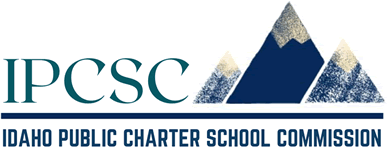What is an authorizer?
Authorizers are entities approved by state legislatures to evaluate new charter school applications and subsequently oversee the compliance, effectiveness, and viability of approved schools. Authorizers work to protect the interest of students by holding schools accountable to performance outcomes. They work to protect taxpayer dollars by holding schools accountable to operational and financial outcomes. And they work to support school board autonomy by refraining from dictating inputs or controlling school boards’ processes. Instead, they establish a consistent standard for performance outcomes while freeing charter school governing boards to manage their operations as needed, within the bounds of the law, to meet or exceed that standard.
Who can authorize a charter school?
A local board of trustees of a school district, the public charter school commission, an Idaho public college, university, or community college, or a private, nonprofit, Idaho-based, nonsectarian college or university that is accredited by the same organization that accredits Idaho public colleges and universities may authorize a charter school in Idaho.
What do authorizers do?
Authorizers review new charter applications, provide oversight for operating schools, and conduct charter renewal processes. They provide annual reports to schools and the public that outline each school’s performance outcomes, and they work to protect student and taxpayer interests while upholding the autonomy of public charter school boards.
What is the authorizer’s role in new application approvals?
The IPCSC establishes standards of quality and evaluates new charter applications. Once a school is approved, the IPCSC and the school execute a performance certificate that outlines the rights and duties of each party, as well as the performance outcome expectations.
What is the authorizer’s role in operational oversight?
Throughout each school’s performance certificate term, the IPCSC annually reviews each school’s performance against outcome-based quality standards, provides reports to the school and the public, and monitors the school’s compliance with rules and regulations.
What is the authorizer’s role in the renewal process?
At the end of each school’s performance certificate term, the IPCSC reviews data and collects contextual information. A school that does not meet established performance standards may be non-renewed or renewed with conditions intended to support the school’s focus on key areas in need of improvement.


